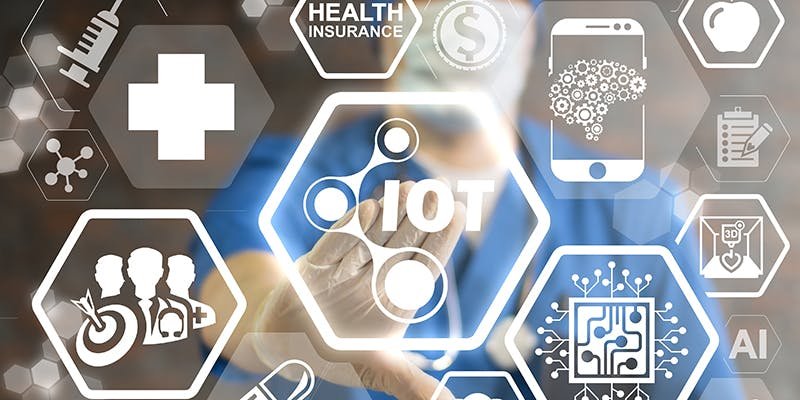Healthcare industry to aggressively embrace the digital revolution
June 04, 2018 | Monday | Features | By Ravi Ramaswamy
IoT is not new, but has been gaining more attention and traction lately.
Health for All has been talked about for the last several decades but then it has not seen the light of the day yet – accessibility to Primary and Secondary care is still a distant dream in our Rural / Semi urban communities. If you consider Urban India, a population of 100 million is supported by 520,000 doctors, while 280 million in Semi-urban is managed by 200,000 doctors and in rural – 830 million are taken care by just 65,000 doctors. As can be seen, there is a complete imbalance in need Vs availability.
The 3 main issues that plague India are Cost, Quality and Access. We have not been able to decentralize healthcare – move it away from where the competency is available (Tertiary Centers and Corporate Hospitals) to where it is needed (Primary / Secondary care clinics). Take any infrastructure and it lacks abysmally. The ratio of beds to patients, Doctors to patients, Nurses to patients, CT/MR machines to patients; they are all far below global averages – even when ranked among the developing countries.
But now, medicine is entering an age of democratization as power shifts from hospitals, doctors and other caregivers to patients, potentially leading to dramatic health care improvements. Given the technology adoption trends, the increased awareness among providers and consumers, the time is right for the healthcare industry in India to aggressively embrace the digital revolution. But the true power of digital lies in providing care solutions to patients extending from healthy living, prevention, early diagnosis, treatment to managing the patient at home or in the community and further extending this to the home or primary care centers for chronic disease patients.
Can we ride the telecom/mobile infrastructure to make this happen? Can we use sensors to pick up data and transmit them to central control stations where experts monitor and support dispensation of care? Coupled with the fact that India has over 850 Million mobile users as also over 150 Million internet users, Internet of Things (IoT) can certainly be put to use for decentralization of healthcare.
IoT is not new, but has been gaining more attention and traction lately. The concept of the IoT entails the use of electronic devices that capture or monitor data and are connected to a private or public cloud, enabling them to automatically trigger certain events. Healthcare practitioners are closely watching the development of this trend to see if the IoT will be a part of their future. Internet-connected devices have been introduced to patients in various forms. Whether data comes from fetal monitors, electrocardiograms, temperature monitors or blood glucose levels, tracking health information is vital for some patients. Many of these measures require follow-up interaction with a healthcare professional. This creates an opening for smarter devices to deliver more valuable data, lessening the need for direct patient-physician interaction.
Over a period of time, India will be based on the data collected from IoT devices, building a staggering amount of healthcare data that would be spread among hospitals, primary care providers, researchers, health insurers, and state and central governments—just to name a few.
However, in addition to aggregating a massive amount of data, there comes the challenge of maintaining patient privacy. As per Spradlin, figuring out how to leverage that information to deliver better quality care to patients while keeping it secure is a major challenge.
Organisations will have to come together and integrate ideas and technologies, as well as put the right talent and technology in place. They should also structure workflows and incentives to penetrate / optimize deployment of IoT solutions. If all these issues can be addressed, then IoT can be a game changer and we can unleash the full potential of IoT.
Ravi Ramaswamy, Chairman of Healthcare Working Group, IET India IoT Panel and Sr. Director & Head - Health Systems, Philips Innovation Campus.









